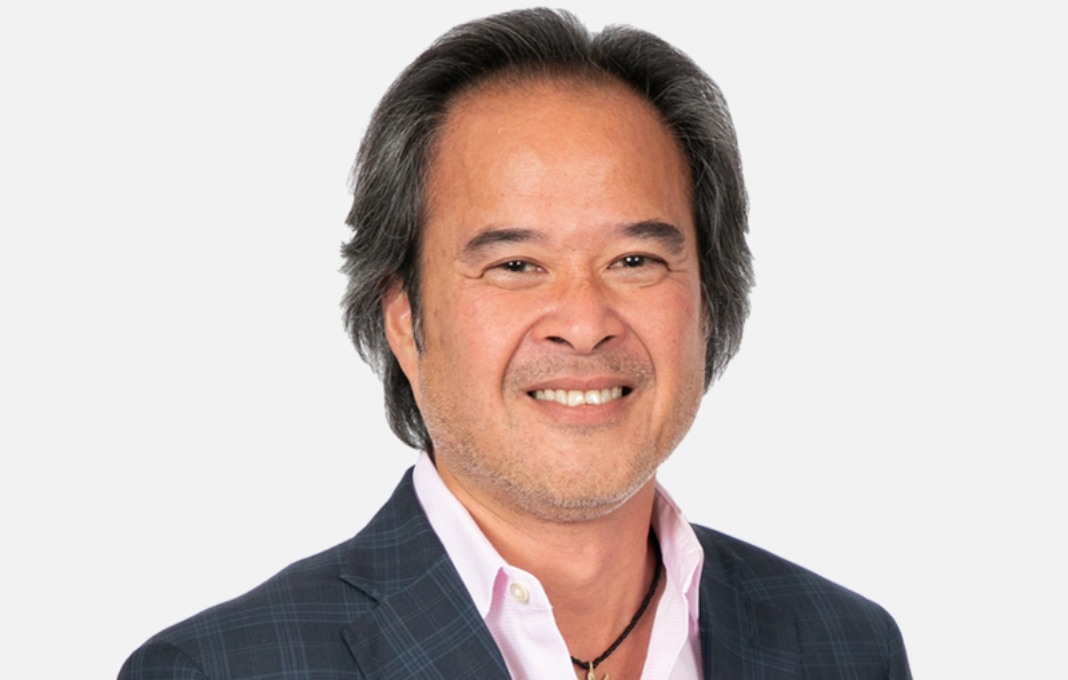The modern CFO is not just a “business enabler,” but a more holistic “business partner.”
That’s the message from Hai Tran, CFO of CSG, a Denver-based billing and payment solutions company. Tran spoke with StrategicCFO360 about the keys to finance leadership today, unlocking creativity—and where it all starts.
Today’s companies must modernize operations to stay competitive. How do you implement strategic organizational changes to meet customer needs, while navigating market shifts?
To effectively transform your organization and meet your customers where they are, you need to start with data. Digital transformation impacts every part of your business, but it doesn’t happen overnight. It’s a journey that begins with raw data, which then moves into structured reporting and analysis. This eventually leads to objective insights that you can use for decision support across the entire business.
Given the dynamic, swiftly changing nature of customer requirements, staying on top of your ever-changing—and ever-growing—data is crucial. A comprehensive, 360-degree understanding of your customer is essential, so knowing your customer should be your starting point, not your end goal.
By taking this customer-centric approach and combining it with data-driven decisioning, you can not only address the existing needs of today but also anticipate the ones of tomorrow. In short: Use your data to its fullest potential to drive a true strategic relationship with your customers.
How are you facing the challenges many CFOs are experiencing right now—being good stewards of your finances and managing shareholder expectations, while ensuring the company can evolve at the pace of innovation?
In my experience, the balancing act between financial stewardship and innovation lies in having a clear vision. Know where you want to take company and don’t be shy about championing the cause so that everyone buys into the journey. Incremental change doesn’t lead to total transformation. You need to be willing to think bigger and consistently communicate the value and opportunities at stake for everyone.
The importance of data is applicable here too as quantitative transparency and financial impact metrics can quickly unlock pent-up creativity. This enables every person in the organization to be empowered to deliver greater results and have a framework for prioritization of projects and therefore allocation of capital.
This all comes back to our belief at CSG in the power of all. When we believe in the same mission and can see the path forward to something greater—not just for the business, but for our customers and communities—then we can build toward a shared vision that will help create a better, more future-ready world.
Culture, belonging, a sense of purpose: How do you step outside of the CFO role and work to build connections with the global workforce?
For far too long, CFOs have been business enablers—the folks who look at the numbers and are gatekeepers on spending or provide data but sit on the sidelines regarding decision-making. This outdated approach limits the ability of CFOs and their teams to have a greater stake in guiding the business, connecting people and influencing outcomes.
Instead, finance teams need to be business partners. As a partner, you’re with your team every step of the way instead of just “order takers” for analyses. Enablers sit at the “kids table,” where they’re not responsible for their own decisions, and therefore not responsible for the wins or losses. Teams are more engaged when they’re accountable and have a direct line of sight to the vision, which ties back to my previous point about focusing on larger company goals that deliver impact beyond the business.
This starts by empowering your employees. Encourage teams to take risks. Give individuals the safe space to speak up. Foster a culture where diverse opinions matter equally. Ultimately, our focus should be on strategy, culture and process and the financial results will follow.
There’s a poem called “The Indispensable Man” by Saxon White Kessinger, and part of it reads “Take a bucket and fill it with water / Put your hand in it up to the wrist / Pull it out and the hole that’s remaining / Is a measure of how much you’ll be missed.” I come back to this poem often because my goal as a CFO is when I pull my “fist” out, I want there to be barely a ripple. For me, it’s all about how many great future leaders I can help mentor and foster so they can go on to do great things in the world.
As people, purpose and ESG go hand in hand, what advice would you give to CFOs trying to align growth and profitability with social responsibility?
First and foremost, be intentional—don’t try to boil the ocean. True change doesn’t happen immediately. Instead of trying to do everything that you think has to get done, pick what means most to your organization’s culture and focus on what will make the most impact.
Next, be patient in addressing issues. You can’t fix inequality-related issues in one fell swoop. Design multi-year initiatives with clear goals and enough time to show impact. Think about measuring in years rather than quarters because your progress cadence needs to match the long-term goals of your program as well as your organization’s ability to absorb change.
ESG work requires continual improvement and the recognition that you’re dealing with real people, not just metrics. So, consider broadening your definition of diversity to include diverse thinking, experience and perspective. Ideas are what drive performance. When you can lead with ideas and have a willingness to take risks, the metrics will come in time.








